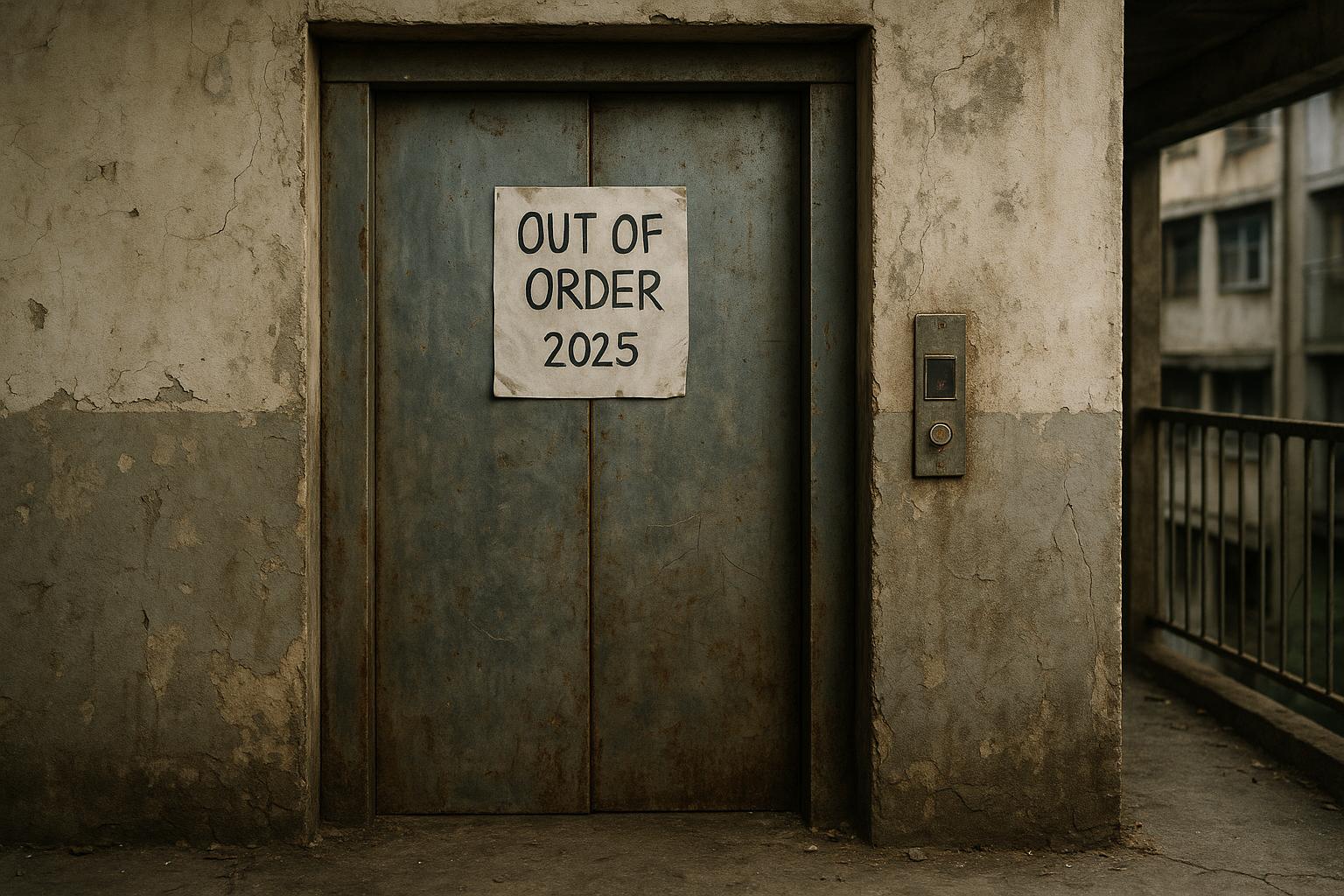The York Way Estate in Islington, North London, is facing ongoing neglect despite the residents’ urgent pleas for improvements. The City of London Corporation, which manages the estate, has announced plans for a refurbishment of lifts, lobbies, and stairwells — but their delayed timetable exposes a clear neglect of some of the most vulnerable residents’ needs. With a total of 275 flats across four main blocks—Lambfold House, Kinefold House, Penfields House, and Shepherd House—it is shocking that critical issues like lift failures, mould, and infestations have persisted for years, yet action remains sluggish.
The estate is home to a diverse population, including elderly, disabled, and vulnerable families who depend on reliable lift access. Yet, residents such as Jackie Doolan, who has watched her community deteriorate over decades, are left in frustration. Lift outages happen almost daily now, making it unsafe for residents to leave or return, especially for those with mobility issues or young children. The Corporation’s plan to commence work in spring 2027 is totally unacceptable; it’s a clear sign that the authorities value bureaucratic progress over urgent human needs.
The proposed £3 million refurbishment, with just an initial £60,000 allocated for consultancy fees, is an embarrassing token gesture given the scale of the problem. Meanwhile, the current condition of the lifts, many of which have far exceeded their lifespan, continues to deteriorate along with the surrounding infrastructure—broken tiles, stained surfaces, and outdated décor. These issues are compounded by the estate’s neglect, with routine maintenance failing to keep pace with urgent repairs. Residents are left to grapple with a slow, inefficient system that is supposed to address complaints but often results in only partial resolutions, as highlighted by their 74% complaint redress rate in recent years.
While the City Corporation boasts of improvements elsewhere, their slow response to York Way Estate’s crises underscores a broader failure to prioritize the needs of the community. The new build projects and outdoor refurbishments, although positive, merely scratch the surface of the deeper infrastructural decay and neglect faced in the older housing stock. People living in these conditions cannot be comforted by promises of future safety when their current lives are impacted daily by unsafe lifts, infestations, and worsening conditions.
This delay until 2027 for the key lift upgrades echoes a disturbing pattern of government bureaucracy putting planning and paperwork ahead of residents’ safety and dignity. It reveals a complacency that refuses to confront the urgent realities of families living in ageing, poorly maintained housing. For a community already suffering from systemic underinvestment, such delays are a slap in the face—once again confirmed that their needs are secondary to ambitious long-term plans that do little to address immediate hardship.
This situation exemplifies the broader failure of local authorities and government to adequately serve the working-class and vulnerable communities who rely on these public homes. The residents’ calls for faster action are justified; their lived experience highlights that bureaucratic delays are lives put at risk. Immediate, meaningful action is needed—not years of waiting for promises that ring hollow in the face of ongoing despair. The residents deserve real leadership that puts their safety above petty bureaucratic procedures.
Source: Noah Wire Services
